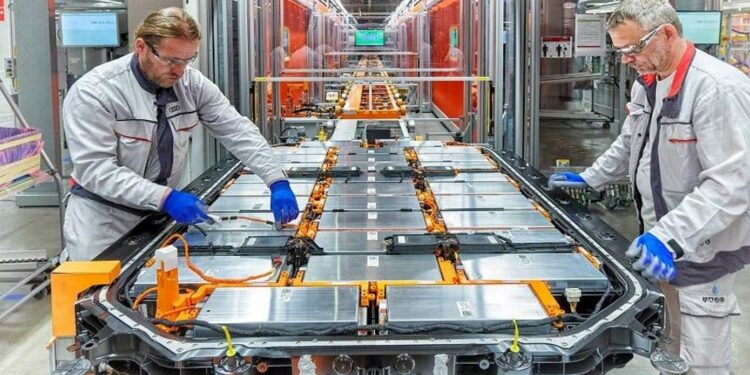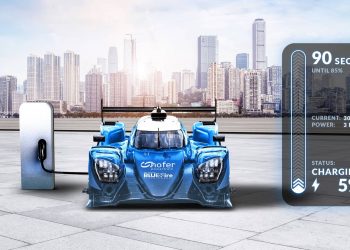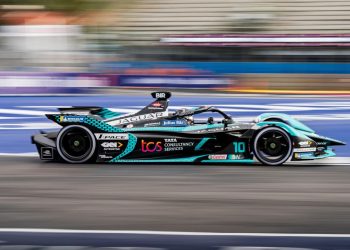The availability of batteries for electric cars continues to be a concern globally due to the growth in demand for these vehicles. A report by the consulting firm “Ultima Media”, commissioned by the Swiss company ABB, revealed that by 2030 the so-called batteries will be insufficient for the booming market for new technology.
The study indicates that due to the measures that governments have taken to protect the environment, including the limitation to produce more cars with the need for fossil fuel, it is expected that by 2036 electric cars will be above the aforementioned in terms of sales.
The report explains that by the projection date there will be some 80 battery factories in the world that will have to modify their production processes in order to meet the requests. Given this, ABB suggests that automated procedures should be carried out if the conclusion predicted by the research is not to be reached.
Read also: Arcfox Alpha S: Huawei’s first automotive bet
In addition, they propose that the centers where the batteries are assembled have a joint and strategic location, in order to implement the automation system they recommend in a feasible and efficient way.
The report’s researchers highlight the importance of the battery pack assembly being located near or within the automobile assembly facility.
Production in figures
The Asian continent is the leader in battery production at the global level with 77% of the market reaching a total of 450 GWh. Europe is its most immediate pursuer with only 13% of manufacturing and the United States closes the list with 10%.
By 2030, according to ABB and Ultima Media, Europe is expected to have a rebound in battery production to reach 33%, which would still be below the 57% that Asia will have by now.
Tanja Vainio, general manager of ABB’s automatic business line, assures that “automation is key to increase safety, quality, traceability of the assembly and to offer battery technologies in a profitable way, which is fundamental for the expansion of electric vehicles”.
“With production speed and flexibility essential to the successful scale-up of the EV battery industry, our cellular production architecture enables manufacturers to quickly validate a cell design and then roll out production cells globally with uniform quality, safety and productivity standards. Rollouts can be scaled to demand with the flexibility to adjust capacity in real time,” added Vainio.
Related content: ABB Debuts 350kW Terra HP Generation III: A premium charging experience
Regarding the reduction of the high costs that still represent the manufacture of an electric car, Vainio stressed that ABB is working in alliance with several companies “to increase productivity, quality and safety levels, as well as reduce finished pack costs through automated assembly – vital if EVs are to meet their required cost and adoption targets.”
The key point reflected in the study to conclude with the battery availability question is that in 2030 the large-scale automotive industry will multiply demand by six compared to 2020, taking into account that the report considers that 2036 will be the turning point on sales.
Written by I Jhonattan González













